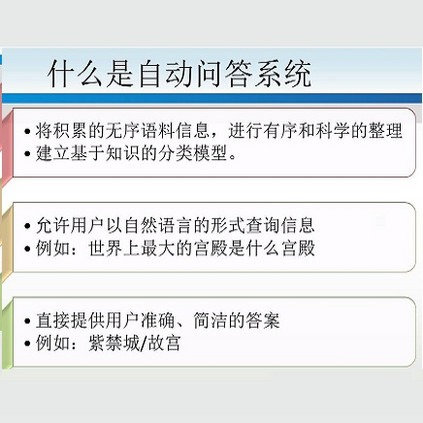Answering real-world tourism questions that seek Point-of-Interest (POI) recommendations is challenging, as it requires both spatial and non-spatial reasoning, over a large candidate pool. The traditional method of encoding each pair of question and POI becomes inefficient when the number of candidates increases, making it infeasible for real-world applications. To overcome this, we propose treating the QA task as a dense vector retrieval problem, where we encode questions and POIs separately and retrieve the most relevant POIs for a question by utilizing embedding space similarity. We use pretrained language models (PLMs) to encode textual information, and train a location encoder to capture spatial information of POIs. Experiments on a real-world tourism QA dataset demonstrate that our approach is effective, efficient, and outperforms previous methods across all metrics. Enabled by the dense retrieval architecture, we further build a global evaluation baseline, expanding the search space by 20 times compared to previous work. We also explore several factors that impact on the model's performance through follow-up experiments. Our code and model are publicly available at https://github.com/haonan-li/LAMB.
翻译:暂无翻译




